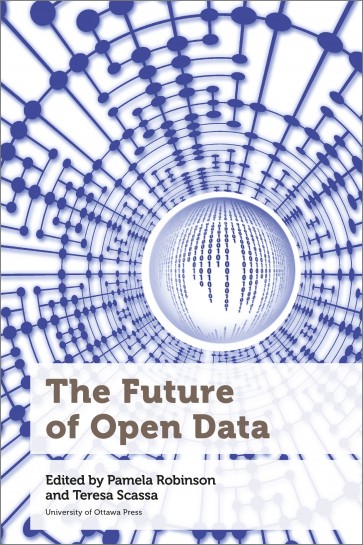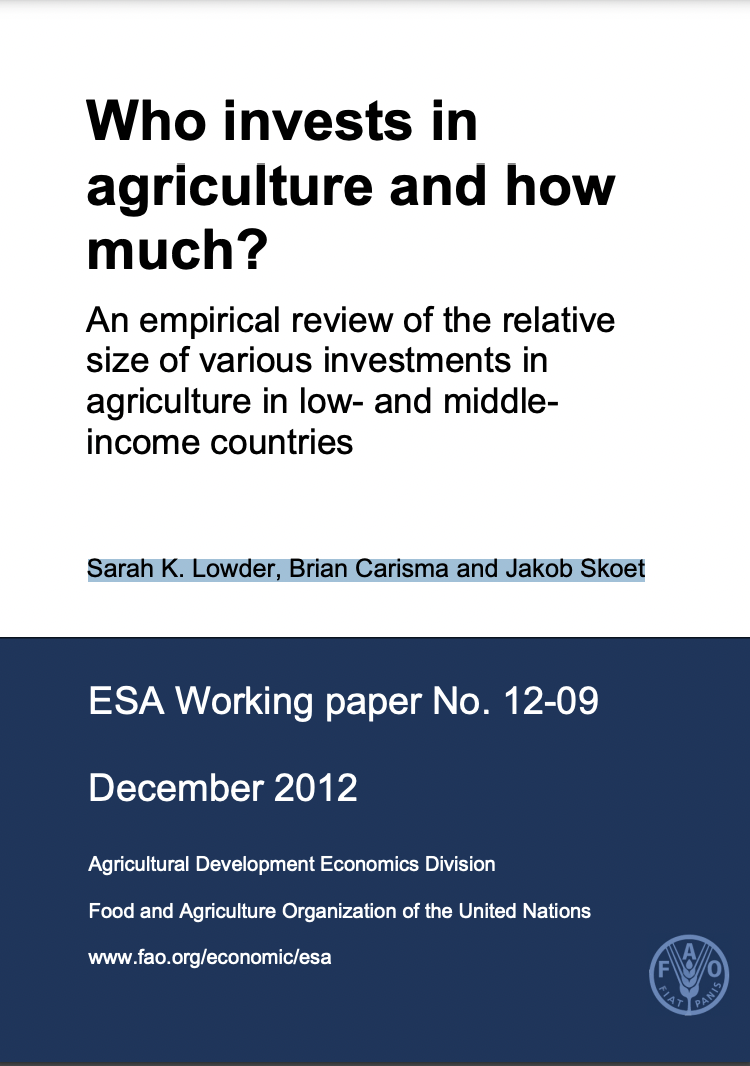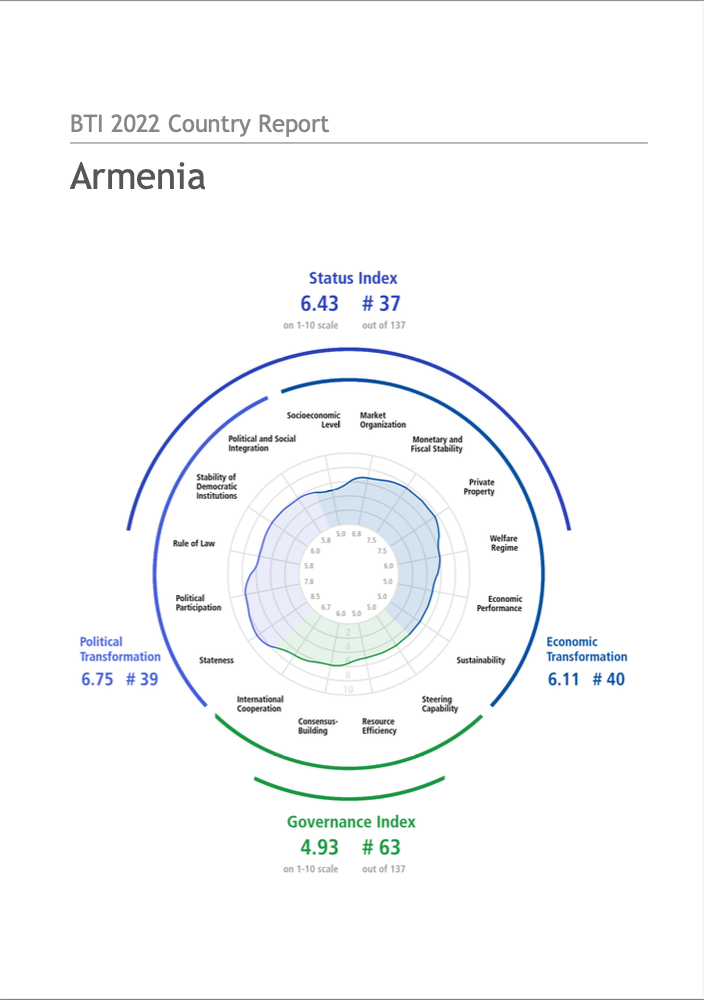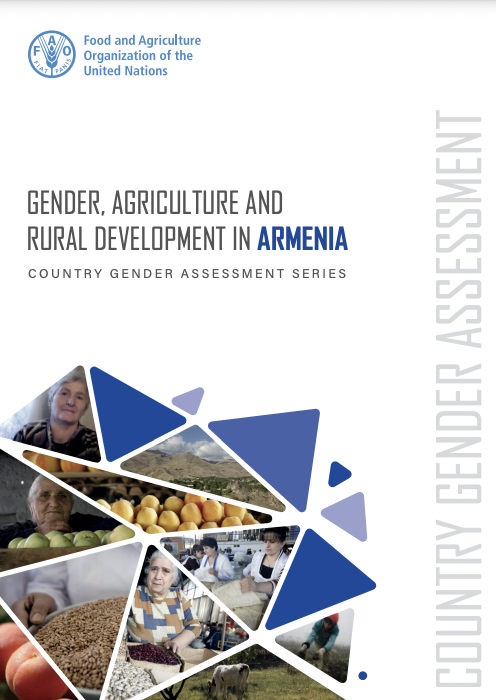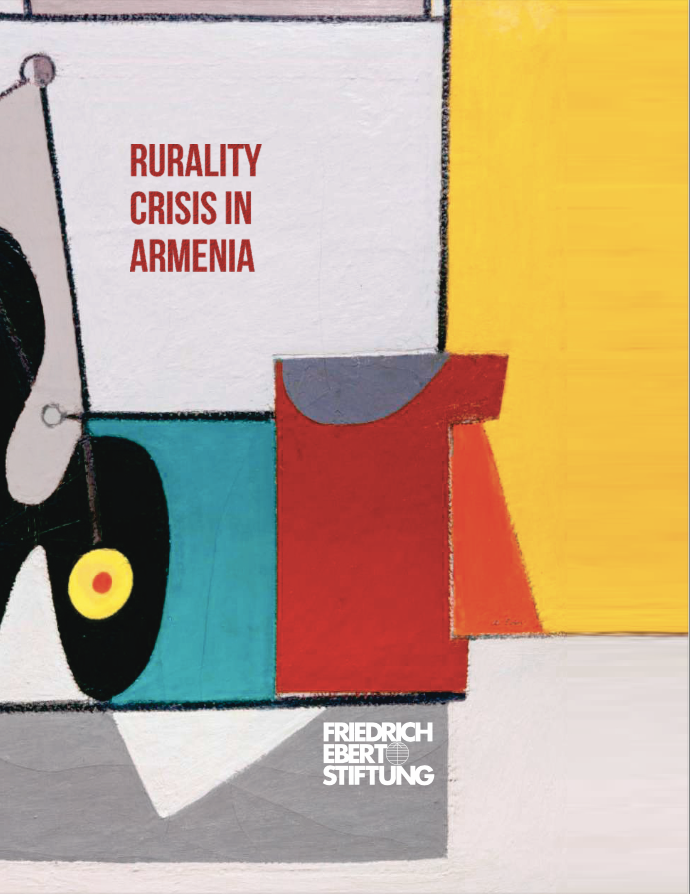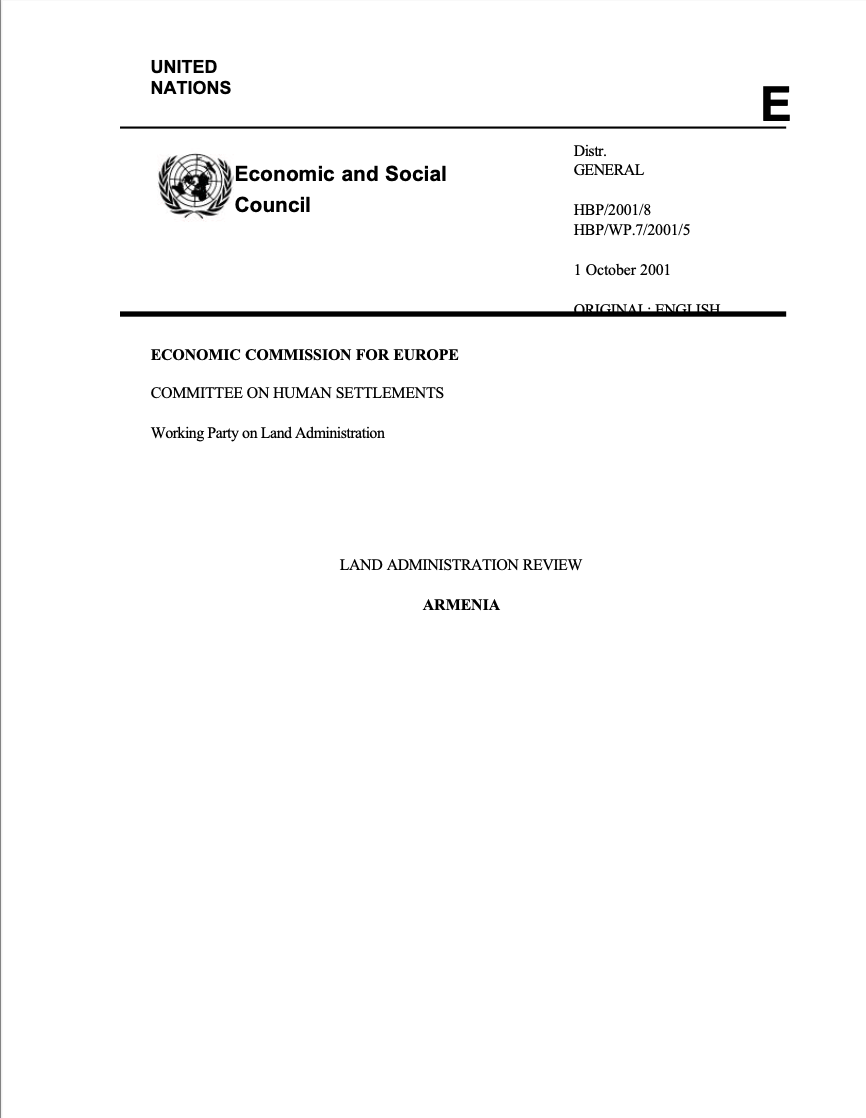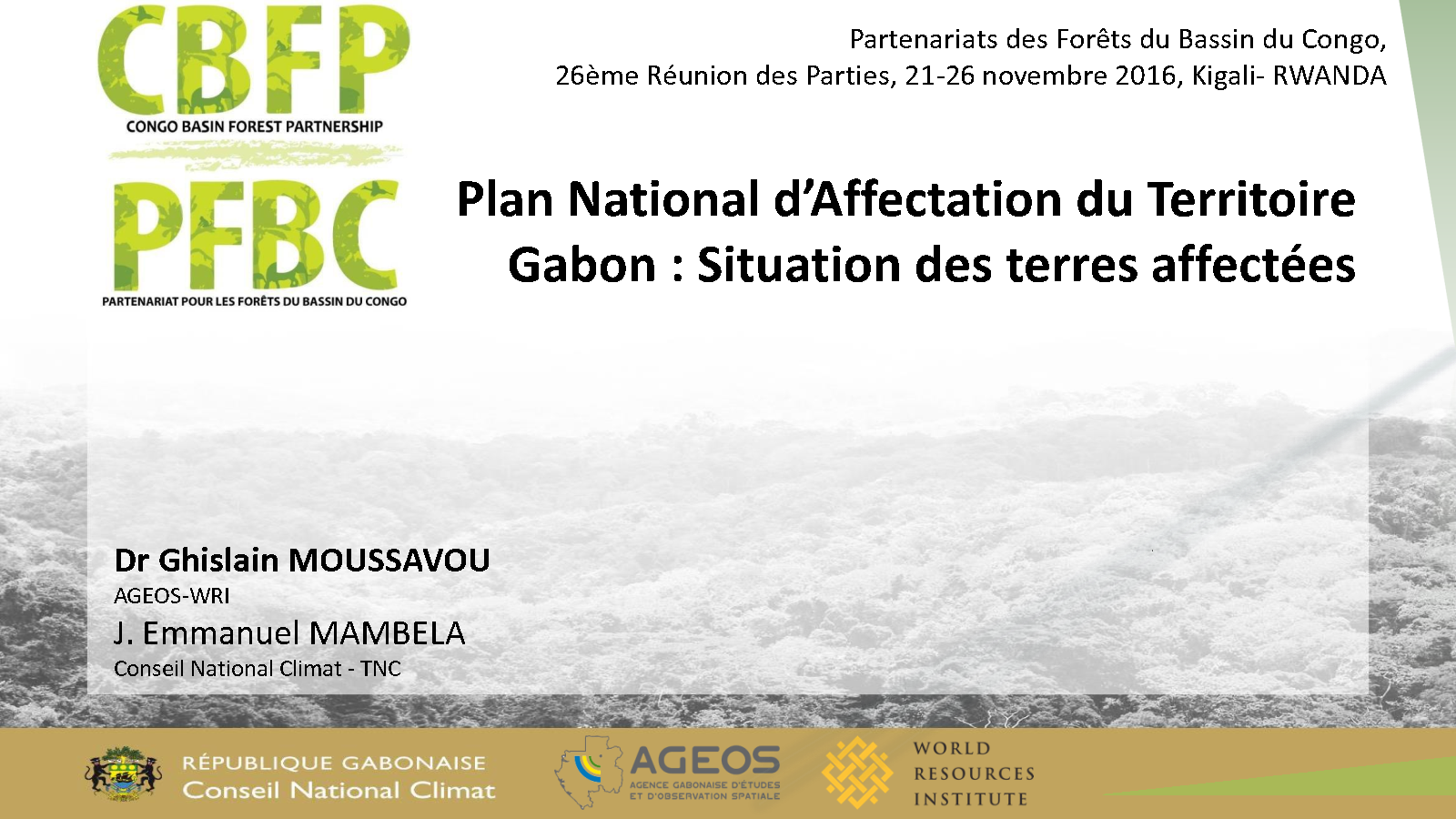The Future of Open Data
The Future of Open Data flows from a multi-year Social Sciences and Humanities Research Council (SSHRC) Partnership Grant project that set out to explore open government geospatial data from an interdisciplinary perspective. Researchers on the grant adopted a critical social science perspective grounded in the imperative that the research should be relevant to government and civil society partners in the field.

